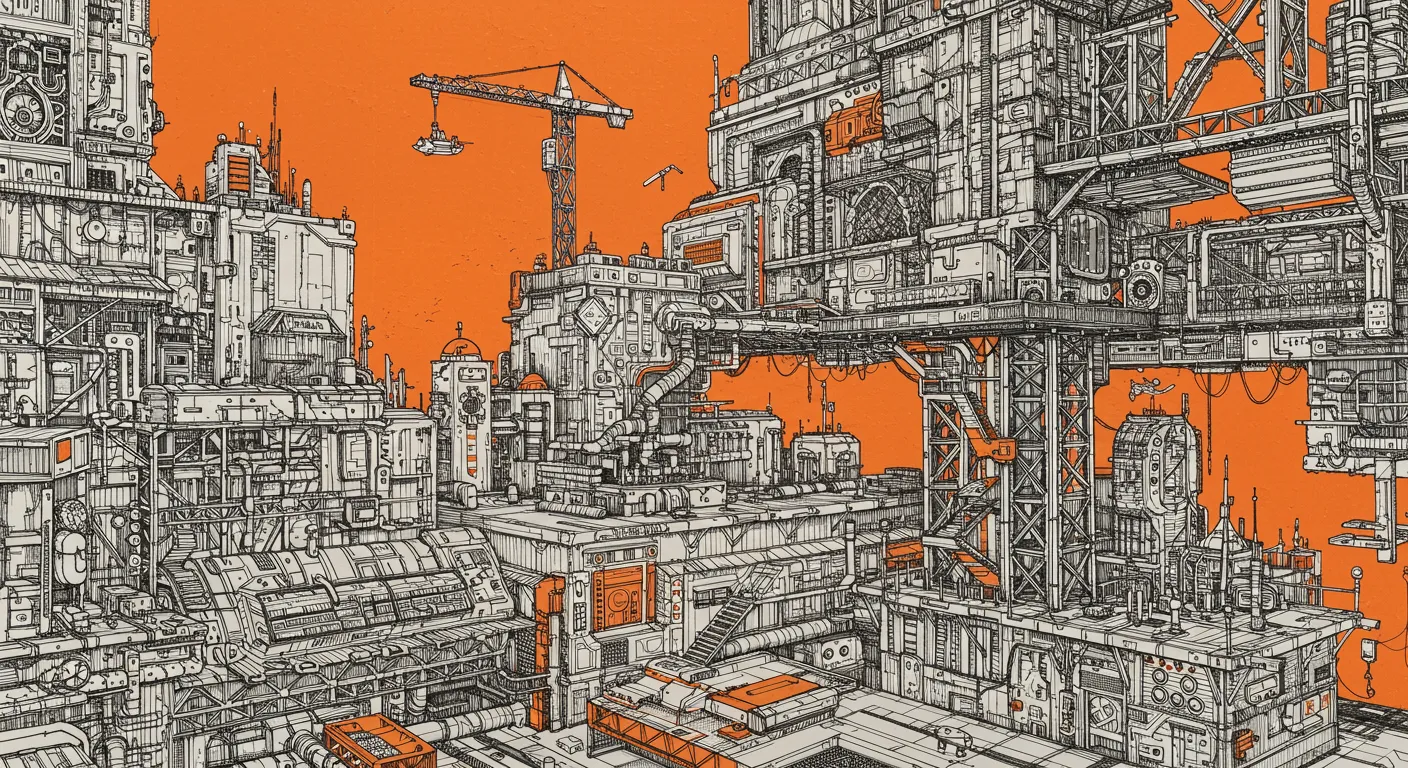The narrative of career success is shifting. Online commentators are diving deep into the emerging landscape of skilled trades, challenging the long-held belief that a four-year college degree is the only path to a promising future.
At the heart of this discussion is a fundamental reimagining of vocational education. High school shop classes are no longer seen as a fallback for struggling students, but as a strategic launching pad for lucrative careers. The trades demand more than just physical labor – they require intelligence, technical skills, and adaptability in an increasingly technological world.
The economic argument is compelling. While $70,000 might not sound revolutionary in tech hubs like the Bay Area, it represents a solid starting wage for a high school graduate with specialized skills. More importantly, these jobs offer immediate entry into the workforce, avoiding the financial quicksand of student loans that trap many college graduates.
However, the conversation isn't just about money. Online discussions reveal a deeper critique of how we value different types of work. Trades are increasingly complex, requiring sophisticated understanding of technology, mathematics, and problem-solving. The old dichotomy between "academic" and "vocational" paths is rapidly dissolving.
Critics rightfully point out that this isn't a universal solution. Overtime, physical demands, and regional economic variations mean trade careers aren't a one-size-fits-all answer. But for motivated students willing to develop specialized skills, the trades represent a legitimate and potentially lucrative alternative to traditional higher education.


